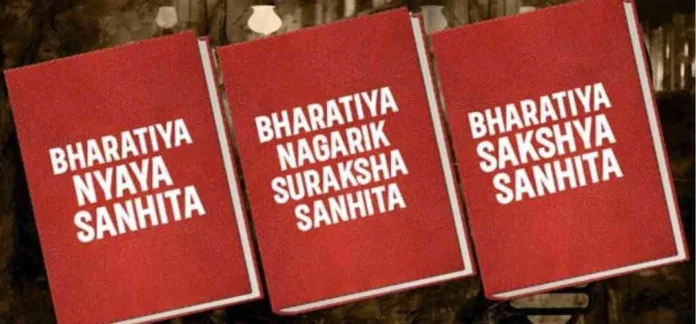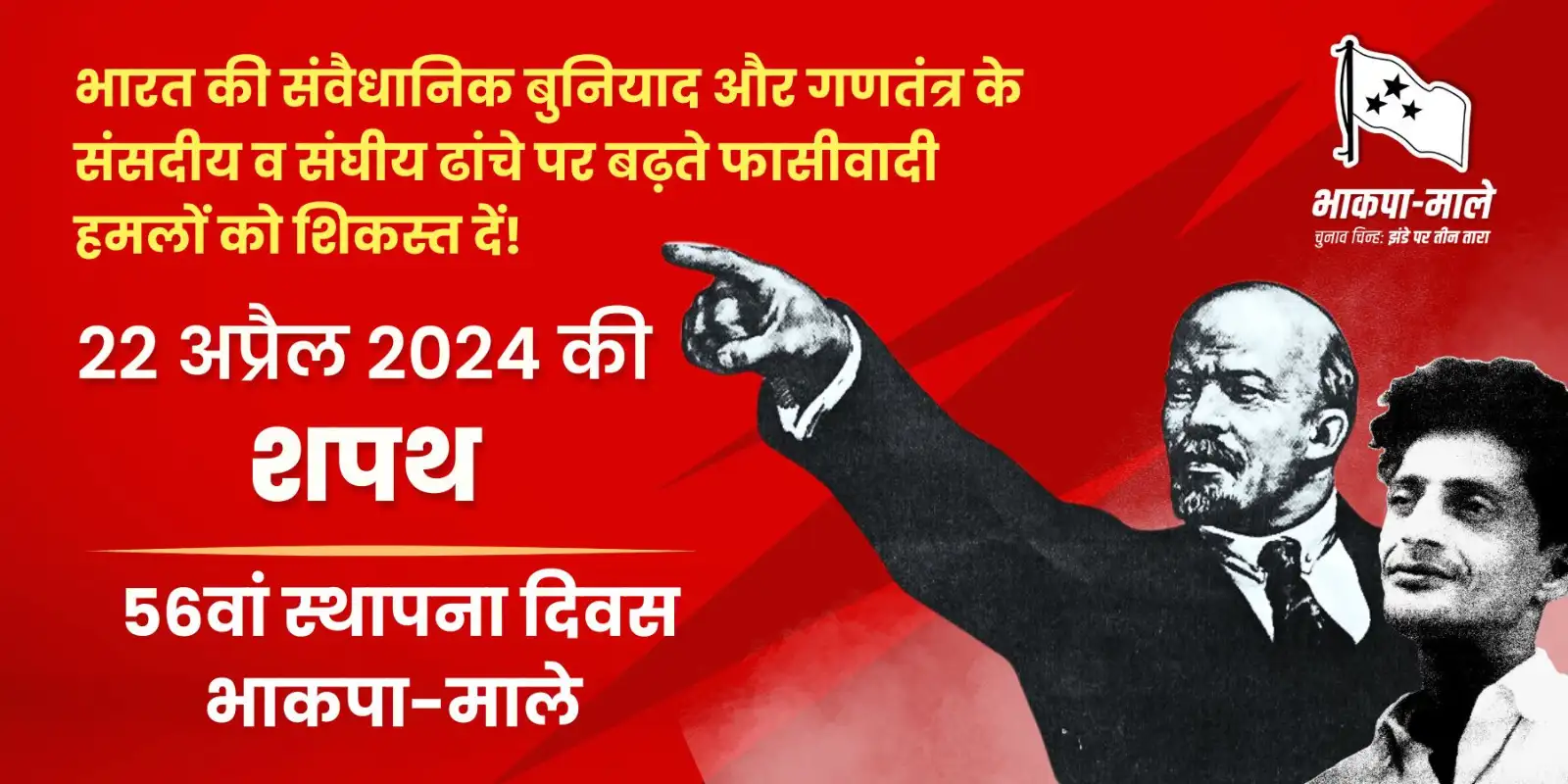On July 1, 2024, three new criminal laws came into effect in India, replacing the colonial-era statutes. These laws were enacted without parliamentary debate, as 146 opposition members representing 240 million citizens were suspended during the session on December 20, 2023. The swift passage of these laws has sparked nationwide protests, with many legal experts, advocates, and opposition parties calling for their postponement and wider consultation. However, the Modi government has dismissed these demands.
The government argues that the old laws were oppressive and needed replacement to align with the country’s democratic principles and Supreme Court precedents. Home Minister Amit Shah claimed these laws would reduce crime and ensure speedy justice, with cases resolved within three years, thus clearing the backlog of pending cases. While these goals are commendable, the reality of the new laws raises significant concerns.
For the average citizen, justice means protection of civil rights and the ability to protest without state repression. It means being presumed innocent until proven guilty, being free from societal discrimination, and enjoying personal liberty and dignity. Articles 14 and 19 of the Indian Constitution enshrine these principles. Unfortunately, the new laws seem to undermine these constitutional guarantees.
The Constitution of India is the bedrock of governance, ensuring civil rights and guiding legal frameworks. If any law contradicts constitutional values, the Supreme Court has the authority to declare it unconstitutional. Laws gain meaning through their interpretation in light of constitutional principles, transforming society towards modern, civilized standards. Without such interpretations, society risks reverting to barbarism.

In a society marred by economic inequality, laws often favor the dominant socio-political classes. Despite the Constitution’s intentions, the implementation of old criminal laws revealed a class bias. This bias is exacerbated when the ruling government aligns with corporate interests, threatening natural justice.
The Modi administration’s decade-long tenure has seen a shift from dictatorial to fascist tendencies, prioritizing corporate interests and exploiting natural resources, often at the expense of marginalized communities. This discontent was reflected in the recent Lok Sabha elections, which diminished BJP’s majority and bolstered the opposition. Despite this, the Modi government remains steadfast in its policies, appearing undeterred by electoral setbacks.
A dictatorial regime often masquerades as democratic while enacting repressive measures. The Modi government’s new laws reflect this trend, bypassing necessary debates and consultations. Seventy percent of the new laws mirror the old ones, but the remaining changes significantly curtail civil rights, reversing modern jurisprudence principles where bail is a right and custody an exception. The extended detention periods and increased police powers threaten citizens’ safety and freedoms.
The reintroduced sedition law, now Section 150, criminalizes dissent and free speech, undermining constitutional rights to protest and express opinions. The UAPA, already controversial for its misuse, has been expanded to allow any police officer to label a citizen a terrorist, shifting the burden of proof onto the accused. This shift further endangers opposition activists and human rights defenders.
The new rape laws, which exclude non-consensual acts involving animals and fail to recognize marital rape, are regressive. These changes negate progress made in combating sexual violence and perpetuate gender discrimination.
India’s political climate is increasingly defined by hate politics. The Modi government’s rhetoric has often targeted minority communities, exacerbating societal divisions. Despite Supreme Court precedents against hate speech, the new laws lack provisions to address this issue, ignoring recommendations from the Law Commission.
Moreover, the new laws mandate biometric data collection from all citizens, fostering a surveillance state. This transformation marks India’s shift from a democracy to a police state, criminalizing citizens instead of promoting democratic values and modern human rights.
In conclusion, these new criminal laws represent a step backward for India, potentially eroding civil liberties and judicial fairness. Instead of advancing democratic principles, they risk creating a repressive state apparatus, threatening the very fabric of Indian democracy.
(Article by Sanjay Parate)








Recent Comments